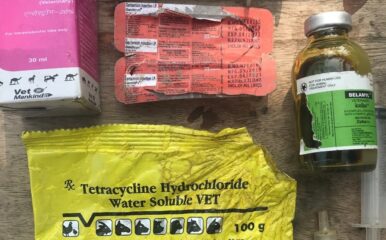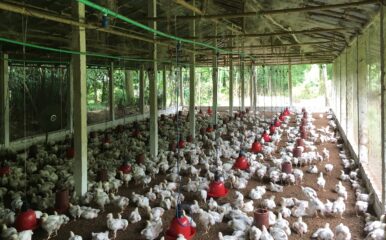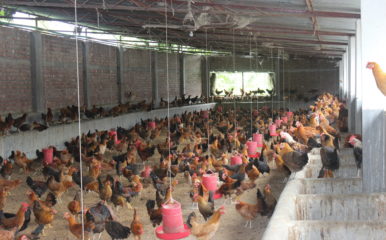
Community engagement and the challenge of antimicrobial resistance: a Call-to-Action
Published on 07/10/2021
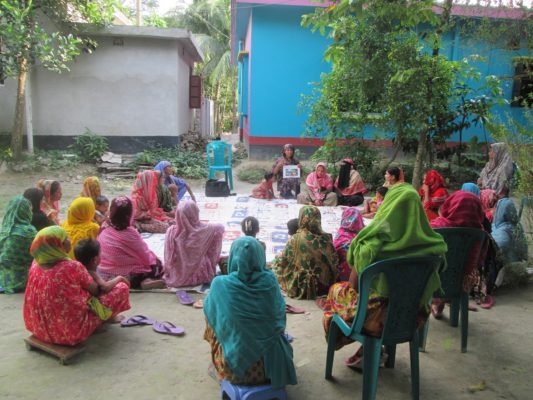
ARK Foundation
Known as CE4AMR: The One Health Approach, we are funded by a GCRF Challenge Cluster award (led by Dr Rebecca King, University of Leeds) which has brought together six international projects to collectively explore and understand the current scope, and potential usage, of community engagement approaches to tackle antimicrobial resistance (AMR).
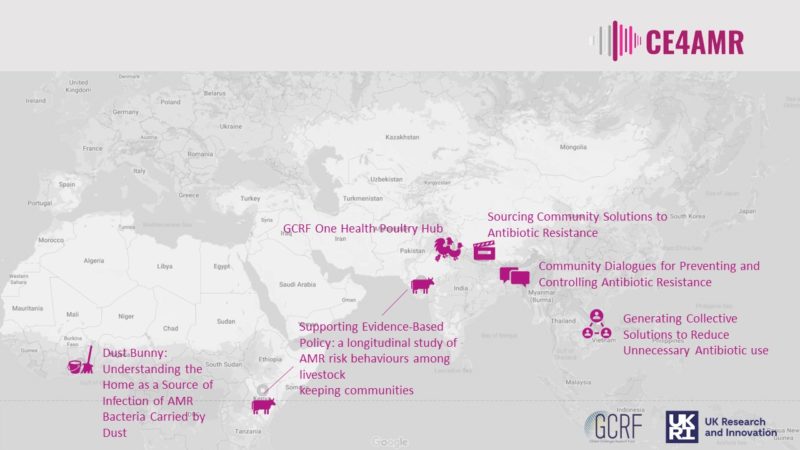
The cluster team began their collaboration at CE4AMR’s inaugural event in Kathmandu, 2019 and included a diverse group of projects seeking to understand the drivers of AMR at various community levels, including subsistence farming, poultry production, home hygiene and health-seeking behaviours.
Projects took very different approaches to understand AMR, for example using film-making, community dialogue approaches or more traditional survey and interview techniques, but all focused on close and prolonged engagement with community members allowing AMR knowledge to be shared and acted upon.
CE4AMR began by designing a series of research questions which were then answered by each project team and reflected upon by the wider group. We also reviewed global guidance on AMR, including National Action Plans – to reveal that only a limited amount of direct community engagement is advised at policy level.
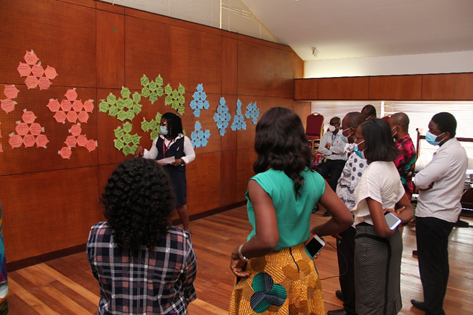
In combination, this work catalysed a series of workshops with national AMR stakeholders in each country setting (find out more about these events in CE4AMR’s blog series). Discussions within these workshops highlighted key areas of AMR action within each country and specifically explored areas where community engagement could benefit the research, policy and practice landscape in AMR.
Since reflecting on the outputs of all these activities, the Cluster has developed a short Call-to-Action document which emphasises the untapped potential of community engagement approaches to unlock community-level knowledge on AMR and contribute to long-term sustainable solutions. We recognise that many other approaches and interventions are essential to tackling, for example, the biological and financial aspects of AMR. However, we encourage AMR researchers to consider the undeniable social and behavioural components of this problem which we believe can only begin to be understood be genuine engagement with community members.
Community engagement facilitates the sharing of lived experiences which can help uncover hidden drivers of AMR and shape practical solutions.
Livestock production
That said, the current usage of community engagement in AMR is concentrated around human health issues and the demand-side drivers of AMR. Our Call-to-Action reflects on the potential for community engagement to unlock knowledge on other aspects of AMR across the One Health sphere, including in poultry and other livestock production and environmental contamination by microbes.
We very much hope you will be able to join us in November to reflect upon the potential of community engagement approaches to tackle AMR and broader One Health Challenges.
The Call-to-Action will be released on our website www.ce4amr.leeds.ac.uk on the morning of Tuesday 16 November.
Learnings will also be shared in an academic publication on the current usage of community engagement in AMR, and an open access handbook to support the development of community engagement projects tackling AMR.
Dr Jessica Mitchell is a post-doctoral research fellow at the Nuffield Centre for International Health & Development, University of Leeds. She works across several AMR research projects and manages the CE4AMR network.

